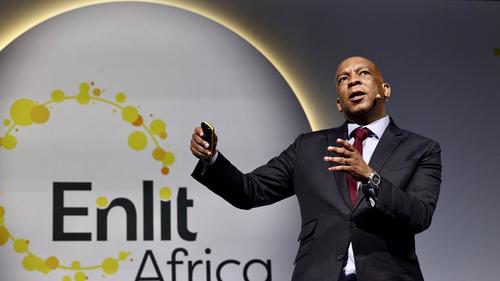Loadshedding
Ramokgopa warns of increased risk of job losses as load shedding persists

Since struggling power utility Eskom warned that Stage 8 power cuts are coming this winter, concerns are growing about the potential for more job losses due to load shedding, impacting South African businesses and citizens’ livelihoods.
According to Eyewitness News, Eskom’s recent announcement revealed that the country is entering this winter with 3,000 megawatts less than in 2022, exacerbating an already challenging situation. The energy crisis has already had severe consequences for the South African economy, as Minister of Electricity Kgosientsho Ramokgopa highlighted during his closing address at the Enlit Africa energy conference in Cape Town. Ramokgopa stated that 650,000 people last their jobs in 2022 due to the energy crisis, and the number could surpass 850,000 if the government did not take urgent action.
The impact of load shedding extends beyond the job market, affecting various sectors and the economy. Power cuts, high-interest rates, and increased inflation have taken their toll on South Africans. Traders have observed the struggles faced by companies listed on the Johannesburg Stock Exchange (JSE), with a clear pattern emerging.
Investment specialist Graeme Korner noted, “I think it is very much a South African story – the fact that we have seen companies trying to offset the effects of load shedding, but it’s having an effect on both the top line and bottom line.”
Furthermore, the weakening rand, currently trading at around R19.31 to the dollar, adds another blow to those reliant on imported products. Finally, Korner mentioned that international markets continue to react to South Africa’s perceived stance on Russia, further impacting the country’s currency.
In light of these challenges, some economists believe that the South African Reserve Bank may need to consider a 50-basis point rate increase during its next meeting to address the situation and stabilize the economy.
The government plans to announce a financing model enabling the poverty-stricken to access rooftop solar systems to address the energy crisis and relieve affected communities. Ramokgopa shared this development during his speech, expressing the intention to install medium-sized solar systems in approximately 200,000 households. This initiative aims to reduce the impact of load shedding by one stage, offering a glimmer of hope for those affected by the power cuts.
Also read:
South Africa’s Minister of Electricity admits lack of expertise in the field
Picture: Twitter / Kgosientsho_R




















